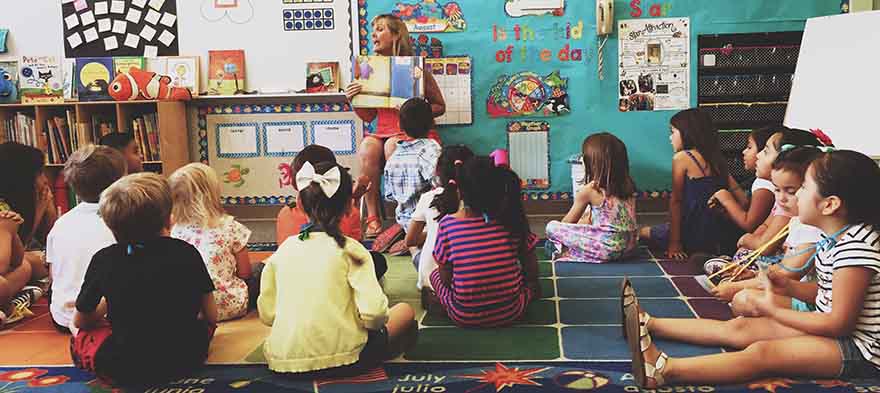
Feb 26, 2018 12:00:00 AM
Marnie Kaplan is a senior analyst with Bellwether Education Partners in the policy and thought leadership practice area. Prior to joining Bellwether in November 2015, Marnie worked as a policy analyst for a network of charter schools, a program manager at the District of Columbia Public Schools, and a Stoneleigh Emerging Leaders Fellow at the Education Law Center. Marnie began her career as a middle school English and social studies teacher in New York City. She went on to earn her M.P.P. and J.D. from Georgetown University. Marnie also holds a master's in the science of teaching from Pace University and a bachelor's degree from the University of Pennsylvania.
The story you tell yourself about your own math ability tends to become true. This isn’t some Oprah aphorism about attracting what you want from the universe. Well, I guess it kind of is, but...
If you have a child with disabilities, you’re not alone: According to the latest data, over 7 million American schoolchildren — 14% of all students ages 3-21 — are classified as eligible for special...
The fight for educational equity has never been just about schools. The real North Star for this work is providing opportunities for each child to thrive into adulthood. This means that our advocacy...
Your donations support the voices who challenge decision makers to provide the learning opportunities all children need to thrive.
Ed Post is the flagship website platform of brightbeam, a 501(c3) network of education activists and influencers demanding a better education and a brighter future for every child.
© 2020–2024 brightbeam. All rights reserved.
Leave a Comment